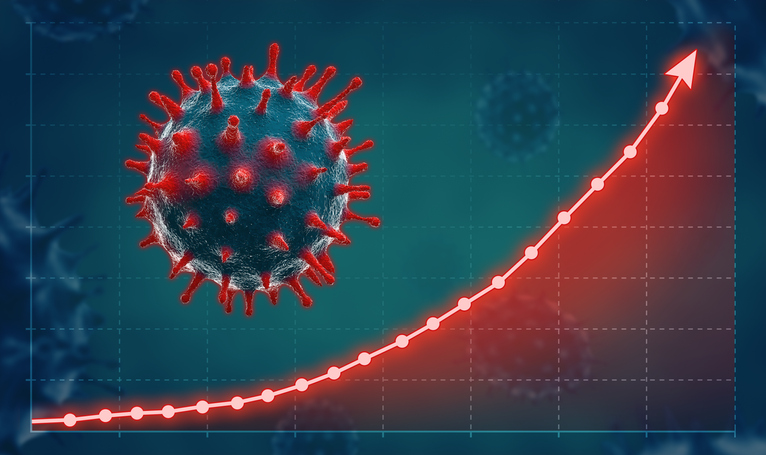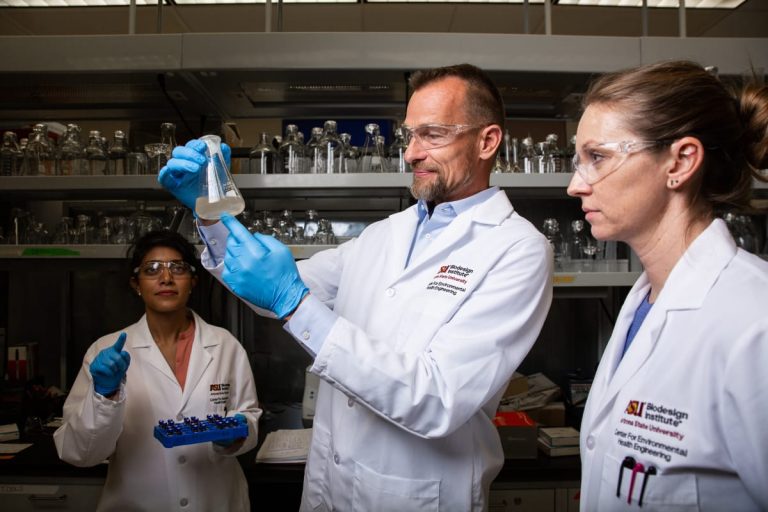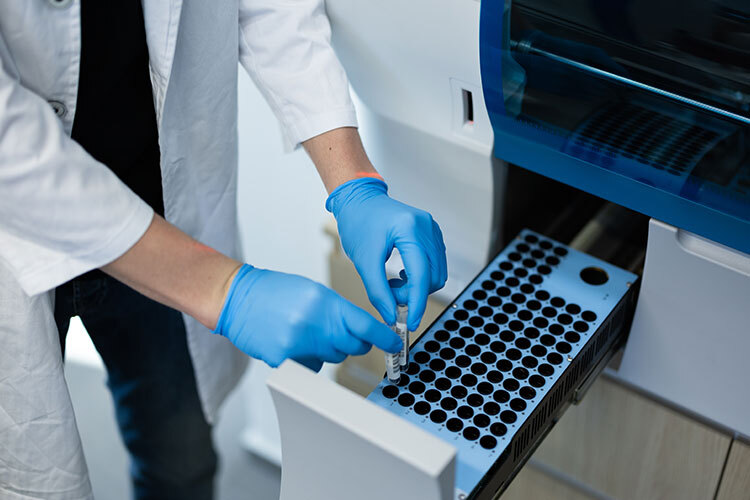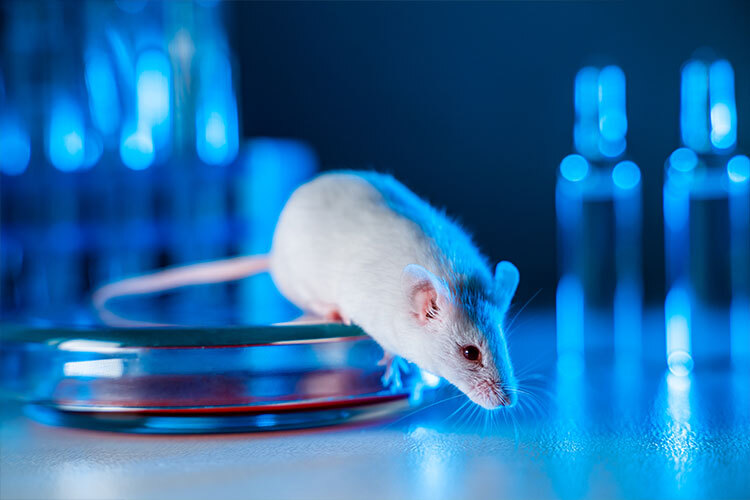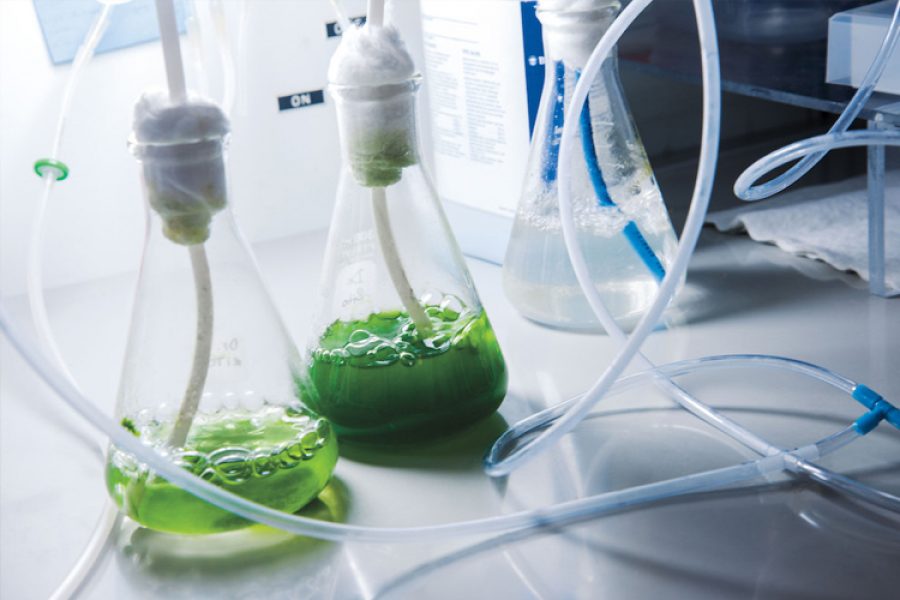There is a rising interest in studying the relationship between the human microbiota and many different medical conditions, including autism in children. As a result, Tec de Monterrey researcher Mariel Alfaro Ponce, together with Juan Manuel Oláguez and Isaac Chairez from Tec and Luz Bretón from the National Autonomous University of Mexico, Institute of Biotechnology, undertook a study on the issue.
The study, titled Machine Learning Algorithms Applied to Predict Autism Spectrum Disorder Based on Gut Microbiome Composition, seeks to analyze human microbiota using Machine Learning techniques. Machine learning is a field of Artificial Intelligence that focuses on developing algorithmic models that allow computers to learn.
The researchers’ major goal is to uncover indicators that might help predict autism in early infants based on the composition of bacteria in the gut microbiome. Certain kinds of bacteria are thought to be associated with Autism Spectrum Disorder (ASD).
For example, the prevalence of several microorganisms likely linked to ASD, such as Clostridium, has been observed. Changes in the microbiome may also alter behavior and associated symptoms.
Computers may be trained to recognize signals that may indicate the existence of ASD using knowledge about these microorganisms.
Podcast in Spanish
Microbiota, and Autism
The microbiota analysis in individuals with autism reveals significant differences in bacterial composition compared to neurotypical subjects.
Certain microorganisms such as Bacteroides, Lachnospira, Anaerobutyricum, and Ruminococcus torques have been identified as critical predictors of autism.
These findings suggest an imbalance in intestinal microbiota that may be associated with the manifestation of ASD. Furthermore, the presence of less abundant but functionally important bacteria underscores the complexity of microbiota and its role in neurological health and disease.
Alfaro, a researcher from the Institute of Advanced Materials for Sustainable Manufacturing, revealed that they used data compilations from global microbiota sequencing, mainly from the SAS platform, to develop a diversified and extensive database.
To evaluate this massive quantity of data, they used Machine Learning models to detect complicated patterns and forecast outcomes based on previous data.
Alfaro’s team worked with biology and bioinformatics professionals to better understand the link between microbiota makeup and autism symptoms.
According to the researcher, the findings differed dramatically from those of earlier studies that used more typical data processing approaches.
“We worked with 18 predictors that could indicate the presence of autism in children and compared our results with other published papers using classical bioinformatics techniques, and we found them to be very different,” Alfaro pointed out.
As a result, she argues that these revolutionary methodologies incorporating Machine Learning and Artificial Intelligence might provide a new viewpoint with more precision in autism identification from the microbiota.
This discovery might lead to earlier and more effective therapies while improving our understanding of the link between microbiome and autism.
Furthermore, it may open the door for the creation of customized treatments, such as dietary interventions and probiotic therapy, which might reduce symptoms and improve the quality of life for people with autism.
“In the next stage of the project, we would like to apply it to the Mexican population because we have many dietary variations that could or could not be determinants in the development of ASD in children,” she went on to say.


